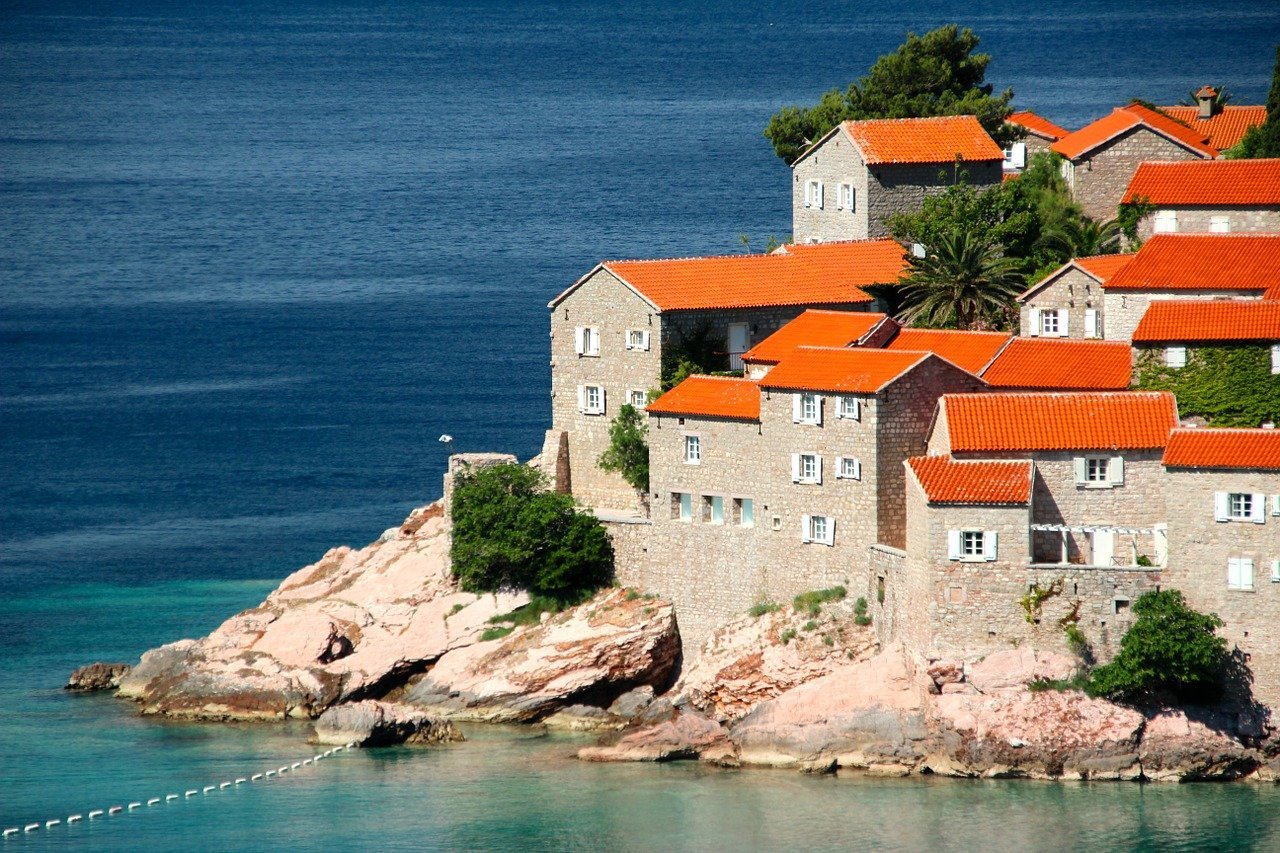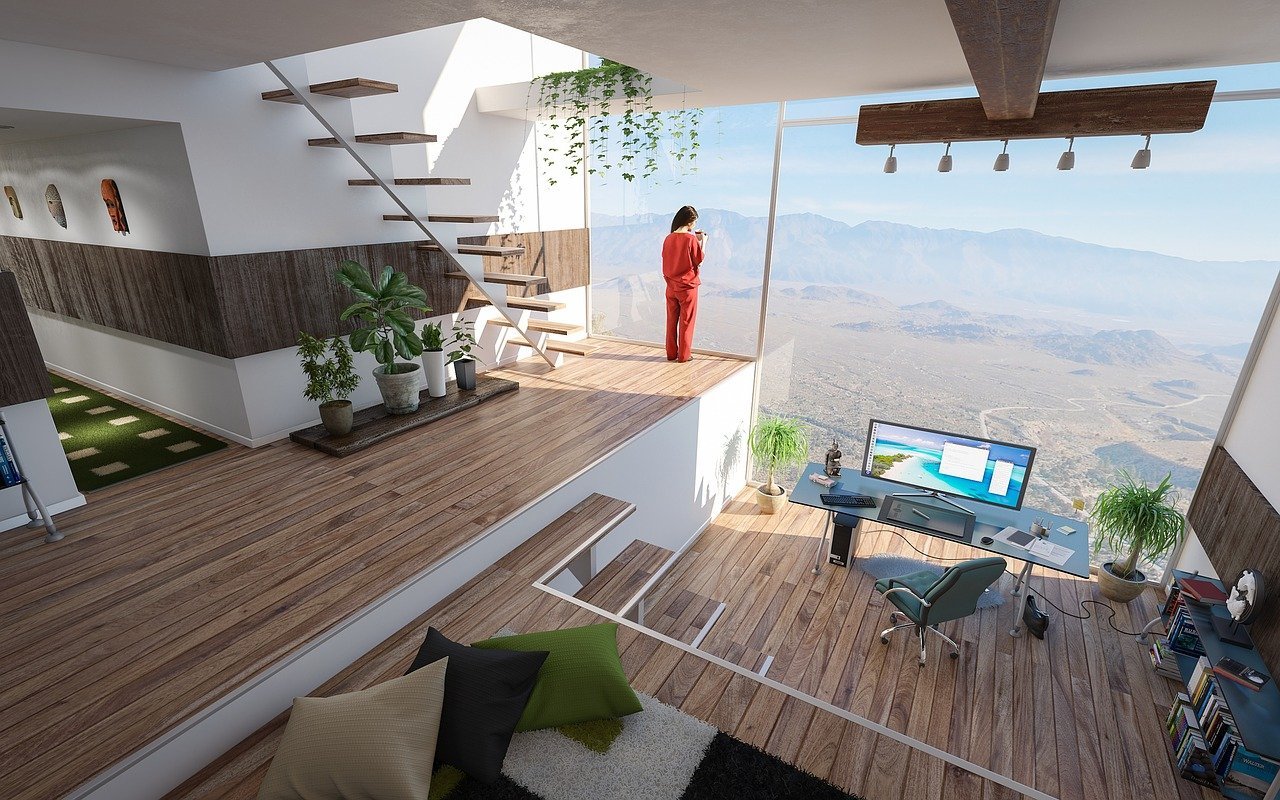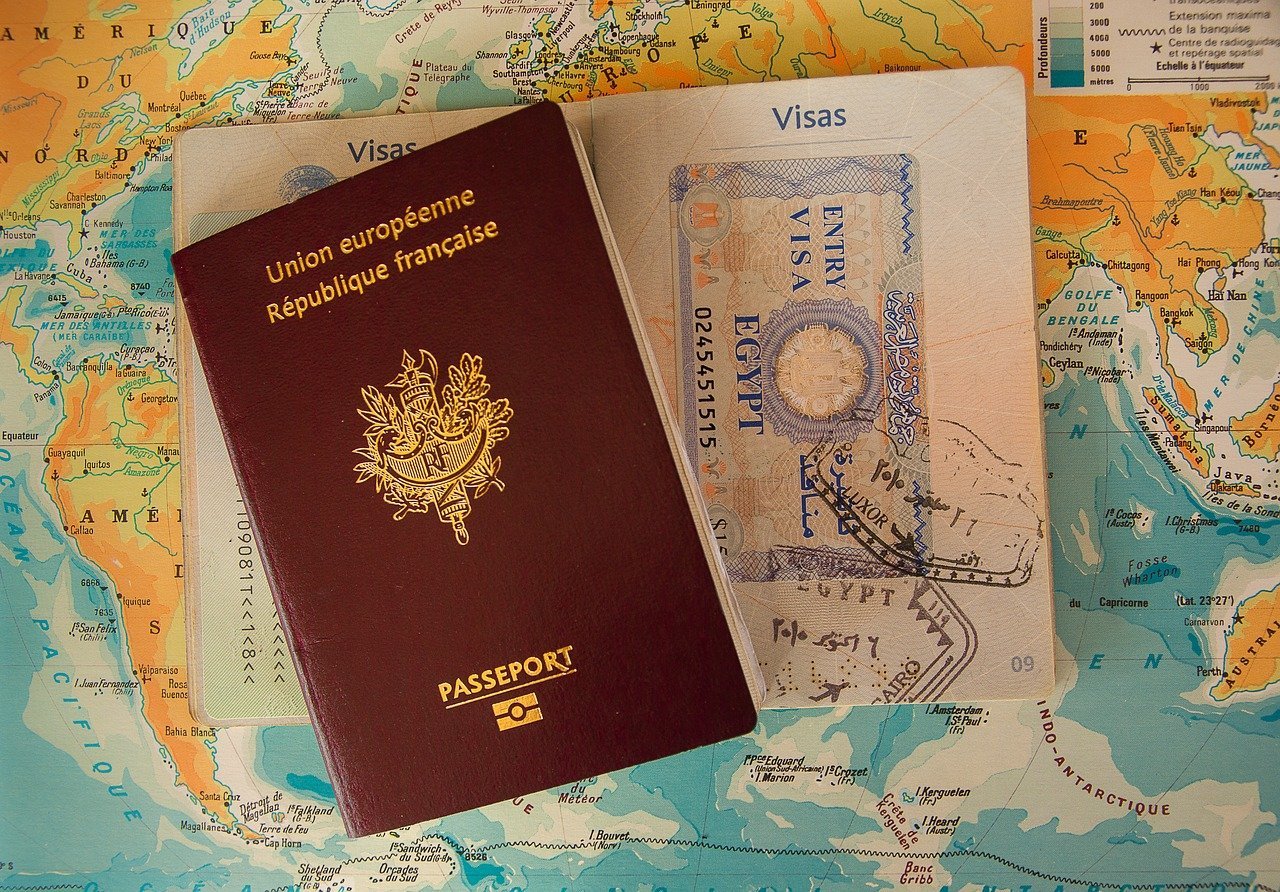Can I afford Portugal’s D7 visa? Income requirements explained
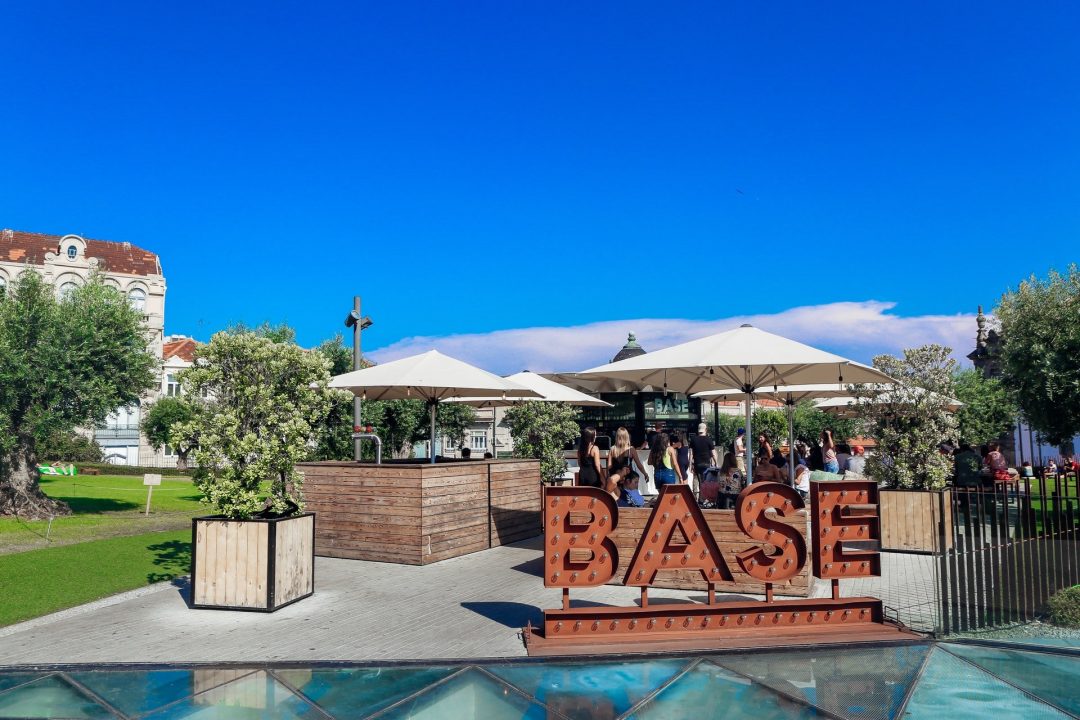
A lot of folks ask about the cash requirements for Portugal’s passive income visa, commonly known as the D7 visa.
The D7 has developed a reputation as the go-to visa of sorts for mobile investors.
This is because Portugal is very open and the visa program offers great benefits.
It’s an easy residence and a good pathway to a second citizenship for many.
A new passport is a possibility in just five or six years.
And it’s an EU passport no less.
The lifestyle factors, or ‘soft’ factors, also stack up really well for Portugal.
This is a country where you’ll wonder why you didn’t move across earlier. The food, the wine, the people, the climate, the coast…
But I digress.
Today, the plan isn’t to cover the ins and outs of Portugal or the D7 or passive income visa.
But I do want to clear up one of the main sticking points for most people.
You know the crunch point, the “deal” or “no deal” bit…
In other words:
How much actual cash do I need to get a residence permit in Portugal under the D7 program?
Quick Overview
The Portugal D7 visa introduced
Just a few things on the basics.
The D7 passive income visa program allows you get to a visa and a temporary residence permit, in Portugal.
Most nationalities can apply.
When granted, it allows you to get a 24-month permit. You can then renew this.
The main requirement is that you need to be able to prove a good income.
This is similar to other “non-lucrative” visa programs where you can stay and live if you have foreign sources of income.
In other words, you can’t work and the idea is that you will not be a burden to the state.
To the contrary, they’ll invite you in and expect that you do pay taxes.
It’s a perfect option for investors or folks with independent means, and the beauty of programs like the D7 is it really broadens your options in terms of places to live.
So thank you Portugal.
In addition to an income, there are some other requirements you’ll need to satisfy.
These are worth going over closely, but today let’s get to the cash aspects of the opportunity.
What type of income do I need?
To be eligible for Portugal’s D7 visa, you need to be able to prove a recurring, stable income.
This doesn’t need to be a pension payment (although a pension payment will do just fine).
Officially speaking:
…foreign citizens applying for a residence visa must have means of subsistence … to be confirmed by the following means:
(b) In the case of a foreign citizen living on income from movable or immovable property, intellectual property or financial investments, through a document proving the existence and amount of such income, as well as its availability in Portugal. (Ordinance No. 1563/2007)
If you have money coming in from rent, dividends, royalties, interest, this is the type of thing that the visa officer will love.
The great thing about the Portugal D7 visa is that the income requirements are friendly…
- You don’t need to be a millionaire.
- You don’t need personal gold reserves to put the “gold” into the golden visa.
- You don’t need to deposit 500,000 euros in a local bank account.
OK, OK: I am overdoing it a bit.
But the point is a good one: Portugal’s been quite reasonable in setting the financial requirements for the D7.
You just need to show a consistent, stable and, all said, a relatively modest income.
It should be enough to get you by on a monthly basis in Portugal.
“Means of subsistence” they call it.
You know, your food, rent, utilities, medical and transport etc.
And this isn’t too bad given Portugal has some of the best figures for cost of living in Western Europe.
How much income will I need for the D7 visa?
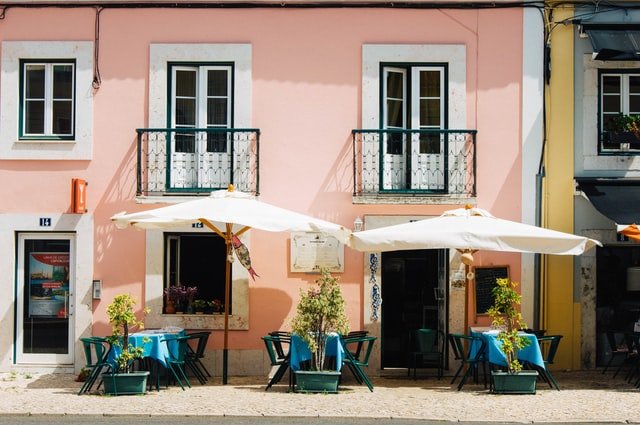
So let’s talk brass tacks.
How much do I need as a single applicant?
The minimum amount of passive, recurring income you need to show as a single person is 635 euros per month.
Doable?
I’ll bet you think so.
That’s only 7,620 euros per year.
Assuming a safe withdrawal rate of 3.8%, my preferred figure, you’d need about 200,000 or 210,000 euros in underlying capital to return this amount per month.
Not exactly Warren Buffet territory.
What are the income requirements for a couple?
As a couple, you need to factor in some additional money per month for your spouse.
The good news is this is on a reduced percentage.
You need to add an additional 50% of the amount for the first adult.
So you should add 0.50 x 635 = 317.50 euros.
You are looking at a combined requirement of 967.50 euros per month, or 11,610 euros per year in total.
How much do I need to add for children?
Kids are 30% of the going rate for a single person.
So that’s 190.50 euros per child, per month.
Rinse and repeat, for the number of kids you have: so add the multiple of 190.50 to yourself and your partner to get your figure.
For a family of three, you’re looking at 1,143 euros per month.
That’s 13,716 euros per year in total.
Roughly the capital equivalent of about 360,000 euros at the 3.8% rate of return I mentioned above.
Can I use savings instead of income?

I’m told it is possible to show your savings instead of a recurring income.
This isn’t a guaranteed route but is something that some Portuguese Embassies/Consulates will accept for some folks.
Sorry I can’t be clearer. It’s a bit of a touch wood thing.
If you take this option, it’s a good idea to show more than the minimum.
This will help alleviate any worries that the visa officer may have.
So what’s the minimum to beat?
The visa officer will use the period of 24 months to work out how much money you need.
If you’re an individual applicant, then that will be 635 euros x 24 = 15,240 euros.
For a couple, that’s 23,220 euros.
And the math is straightforward again for the number of kids you have.
Now, again, I’m not saying your application will be super convincing if you go in with savings and only the minimum amount, but it will show at least the required level of subsistence.
You’re in with a chance at least.
It is probably obvious that you have a stronger application if you can show the recurring, monthly cash they want.
Nothing beats passive income.
Here and in life generally.
Bottom line
The Portugal D7 visa route is easy going on the cash requirements.
This is much more forgiving on your finances than, for example, Spain and its Non Lucrative visa.
The value you’re getting is also superior: you could wait it out for ten years+ for a Spanish passport, but you’d have to give up your original one. In Portugal, it’s less time and you can have dual citizenship.
Something to keep in mind too.
Last Updated: 2021-03-05 08:29
